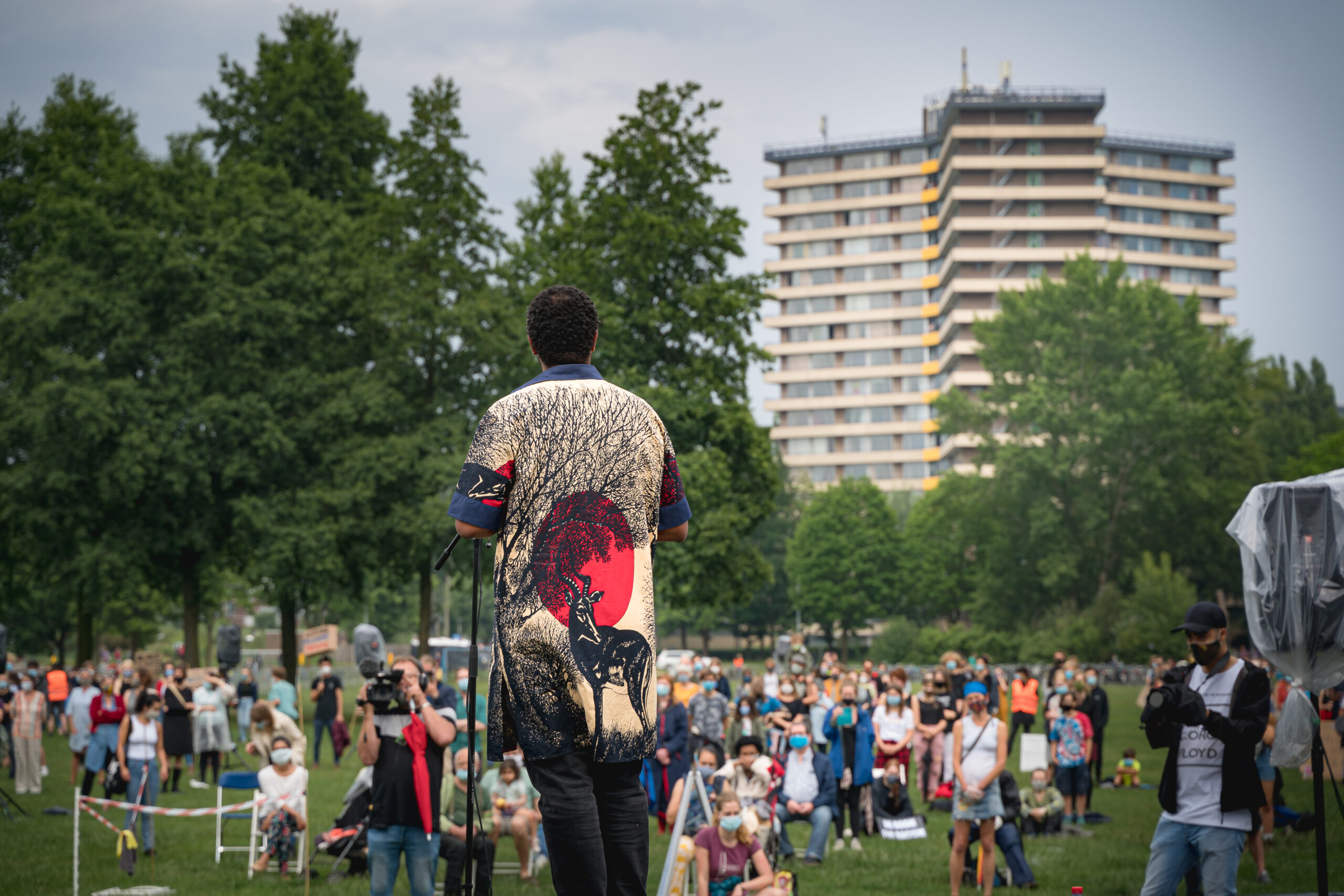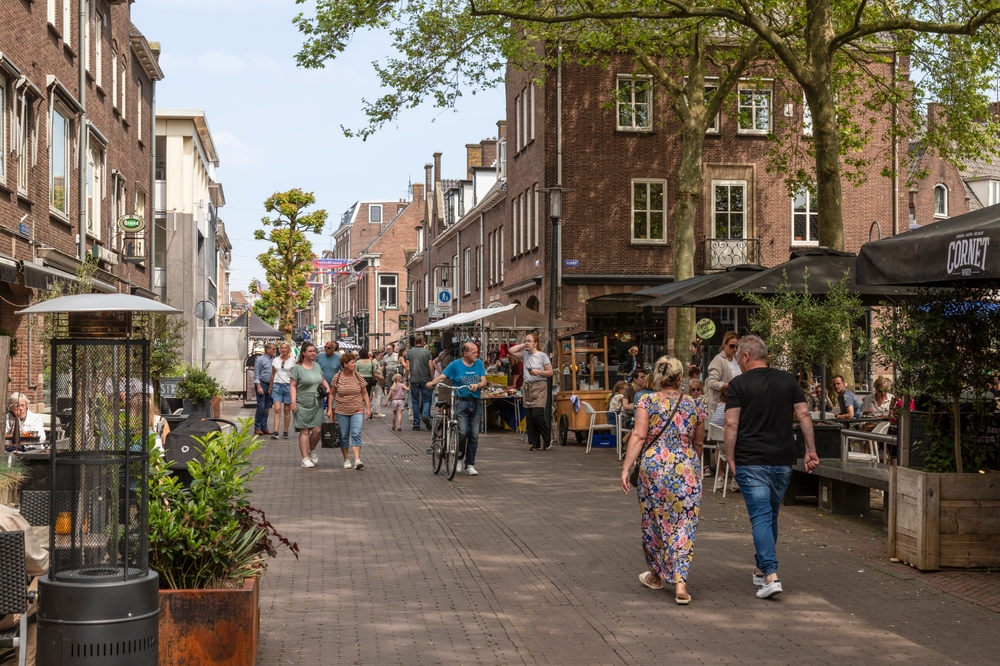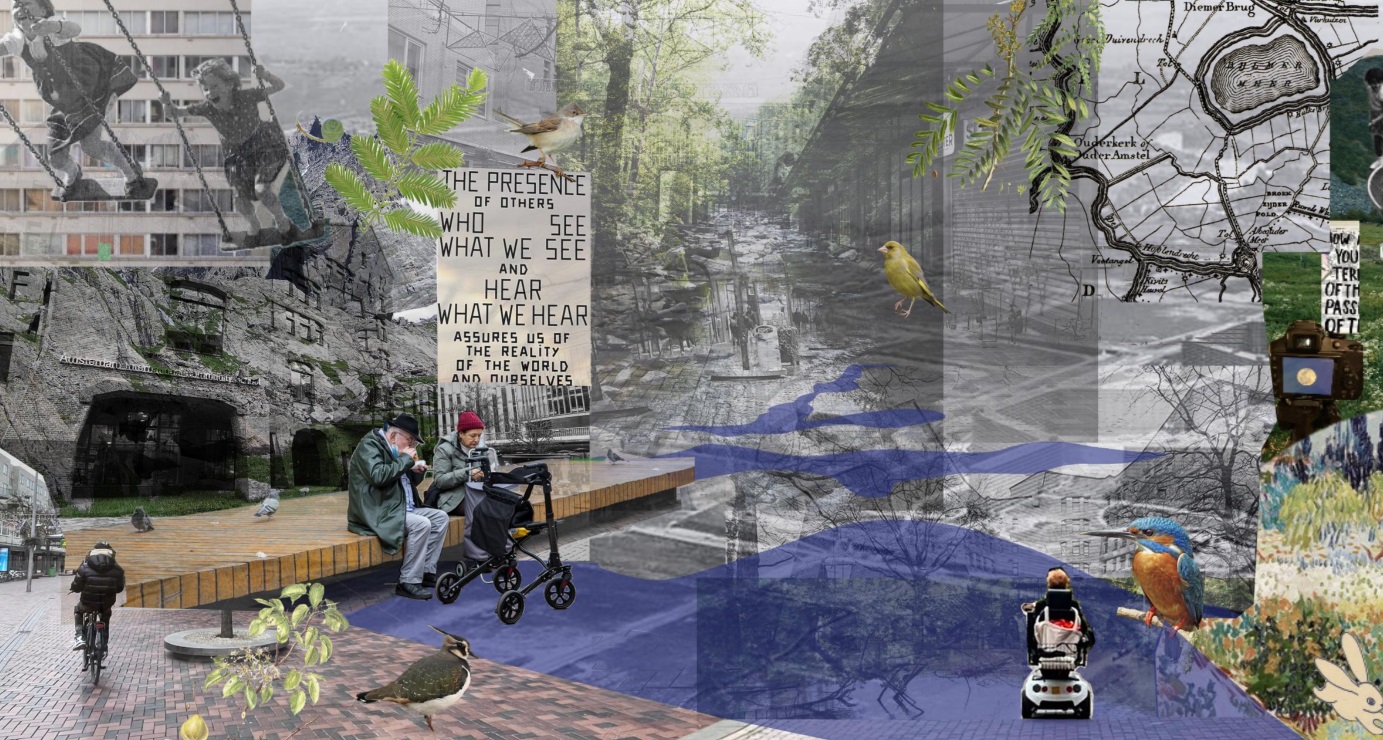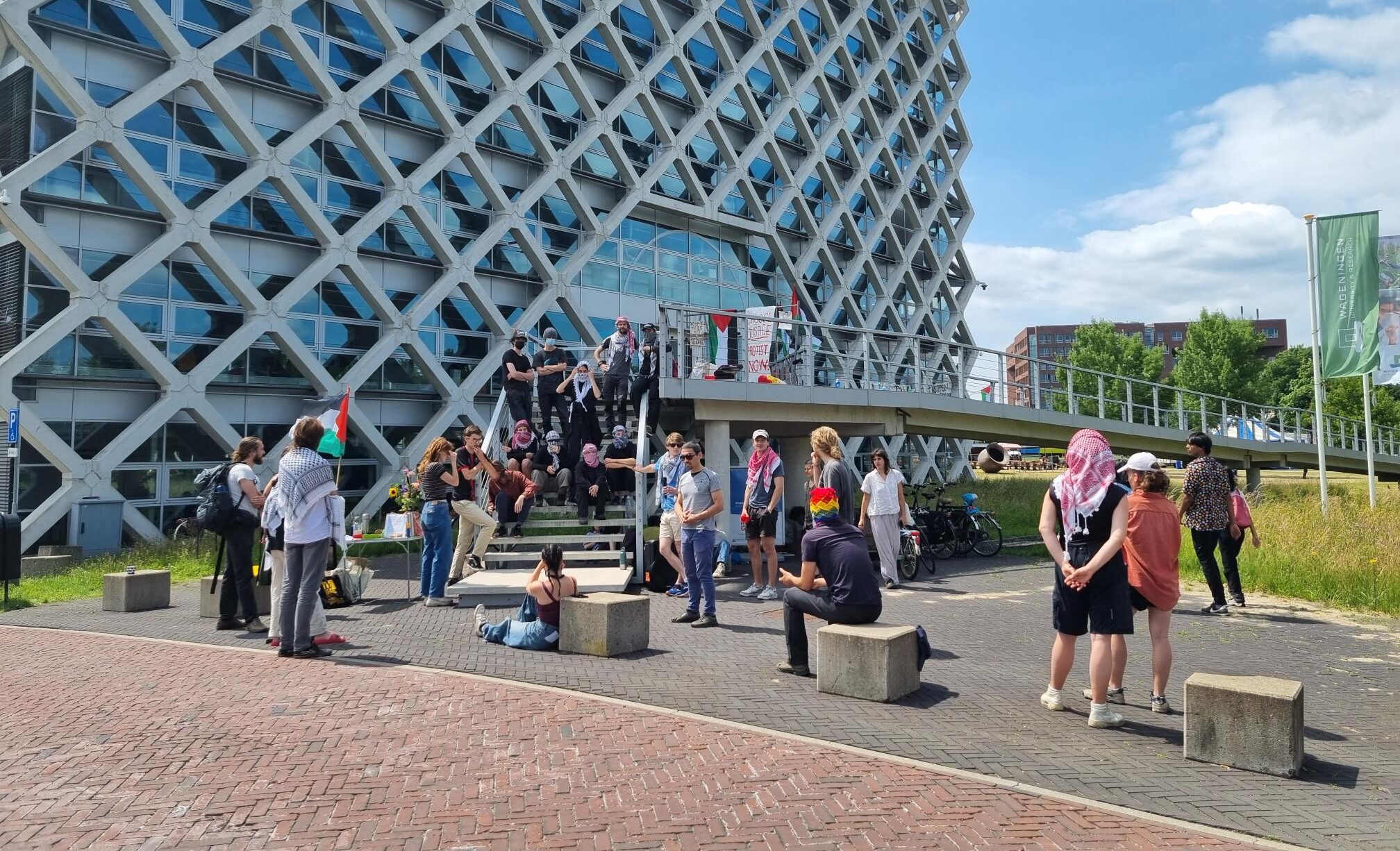Rector magnificus Arthur Mol announced last week that WUR intends to launch a discrimination and racism hotline, among other things, as part of the three-year DARE project. Resource asked ombudsperson Jacqueline Schoone and Diversity & Inclusion Officer Percy Cicilia Jr to comment.
WUR aims to be a diverse and inclusive organisation, a news article on WUR.nl states. There is no room for racism and discrimination. Thus, a three-year project to minimise discrimination and racism at WUR was launched at the start of last year. The project is called DARE, which stands for Decolonisation, Anti-Racism, Anti-Discrimination, Equity and Equal Chances. ‘DARE’s goal’, says Mol, ‘is to raise awareness, investigate how discrimination and racism occur, whether these occurrences are incidental or structural and, subsequently, to minimise them. You can only change if you are aware of your own blind spots.’
Never considered
Diversity & Inclusion Officer Percy Cicilia Jr and Joyce van der Velde jointly lead the DARE project. They both come from ARA (Anti-Racist Association ARA Wageningen). ‘During the Black Lives Matter protests in 2020, it once again became clear that people experience racism and discrimination everywhere in the world on a daily basis. Including in Wageningen, as became apparent during the protest in Noordwest park. The students and employees involved sent a petition to WUR urging meetings to be started. Not to hire someone to investigate if racism occurs, as it does. We must address injustices pre-emptively.’
I am aware that people of colour need to cross a threshold to report issues to me because I am white: “will I be able to understand the problem?”
Ombudsperson Jacqueline Schoone
Now there is the DARE project, through which WUR works to increase inclusiveness. The four pillars are reporting, cultural change, policy change and educational change. These pillars prompt action, Cicilia states, such as launching a hotline and combing through the curriculum. Cicilia: ‘There is already a hotline for undesired behaviour with confidential advisors. Now, the focus on racism will increase. We will work with the fifty confidential contact persons within WUR to create a larger network to foster a sense of social safety. Some teachers have also voluntarily started to check whether their classes are sufficiently inclusive, and we assist them in their efforts. A concrete example is to make references in the study materials more diverse by including Asian and African references rather than exclusively citing European sources. It’s about changing the standard and addressing our -academic- bias. This calls for focus, money and time. Whether this is sufficient? I would never have imagined coming this far. A decade ago, we would not have been having this conversation. DARE is coming.’
Threshold
WUR ombudsperson Jacqueline Schoone works on addressing structural patterns of racism and discrimination. ‘Reporting is the first step. There is a real need for a specific focus on reports of racism and discrimination. Lower the threshold so that people feel free to say that a comment, text or image crosses their boundaries. As a white person, you must show awareness of the fact that racism is a power hierarchy, where white people are at the top. I am aware that people of colour need to cross a threshold to report issues to me because I am white: “will I be able to understand the problem?” “Will I truly act?”. Now we must ensure the project becomes concrete, and we must lower the thresholds.’
The DARE project will continue for three years, after which the topic will have become mainstream, according to WUR.

 The #BLM-protest in Wageningen on 14 June 2020. Photo Sven Menschel
The #BLM-protest in Wageningen on 14 June 2020. Photo Sven Menschel 

